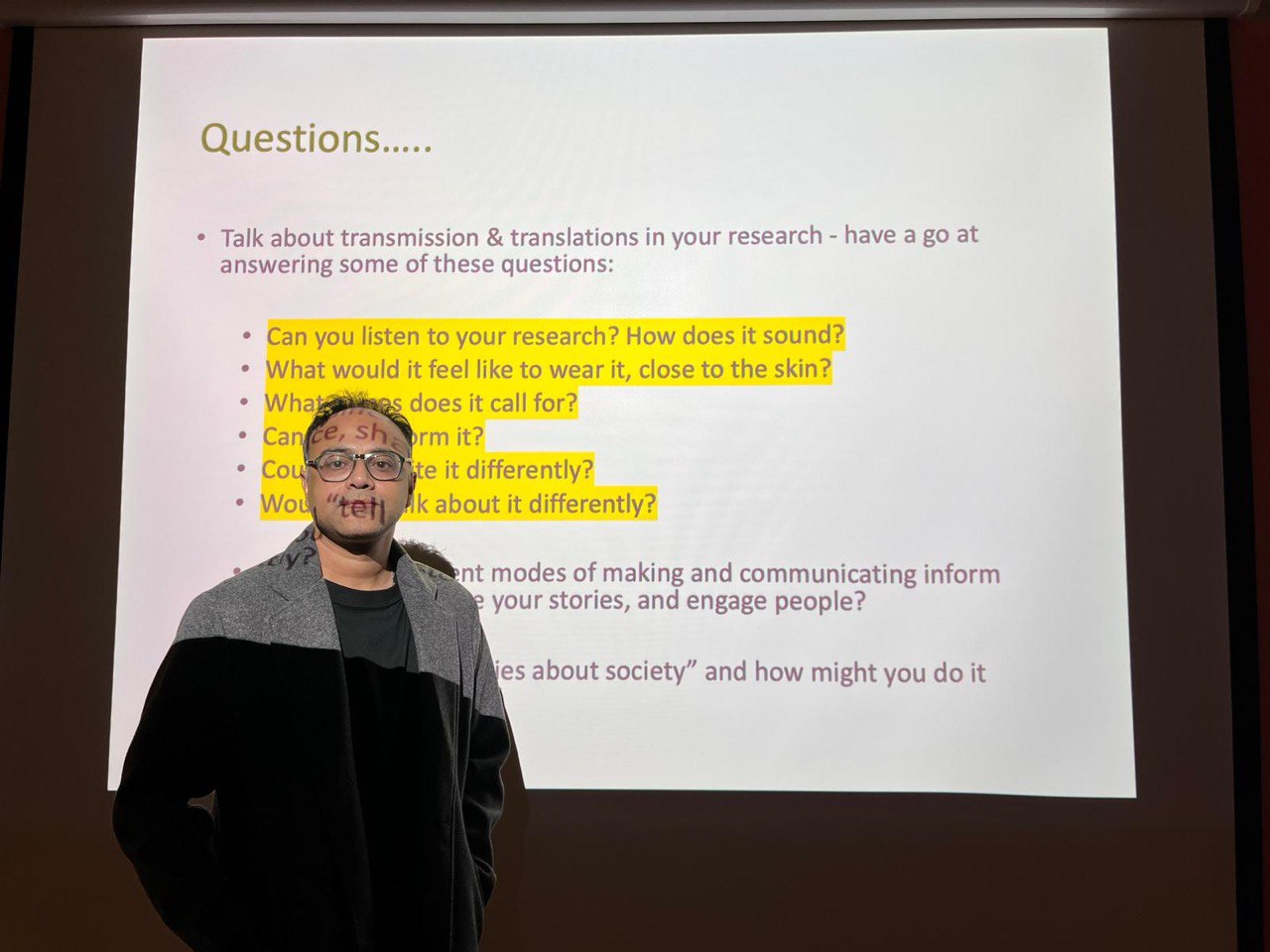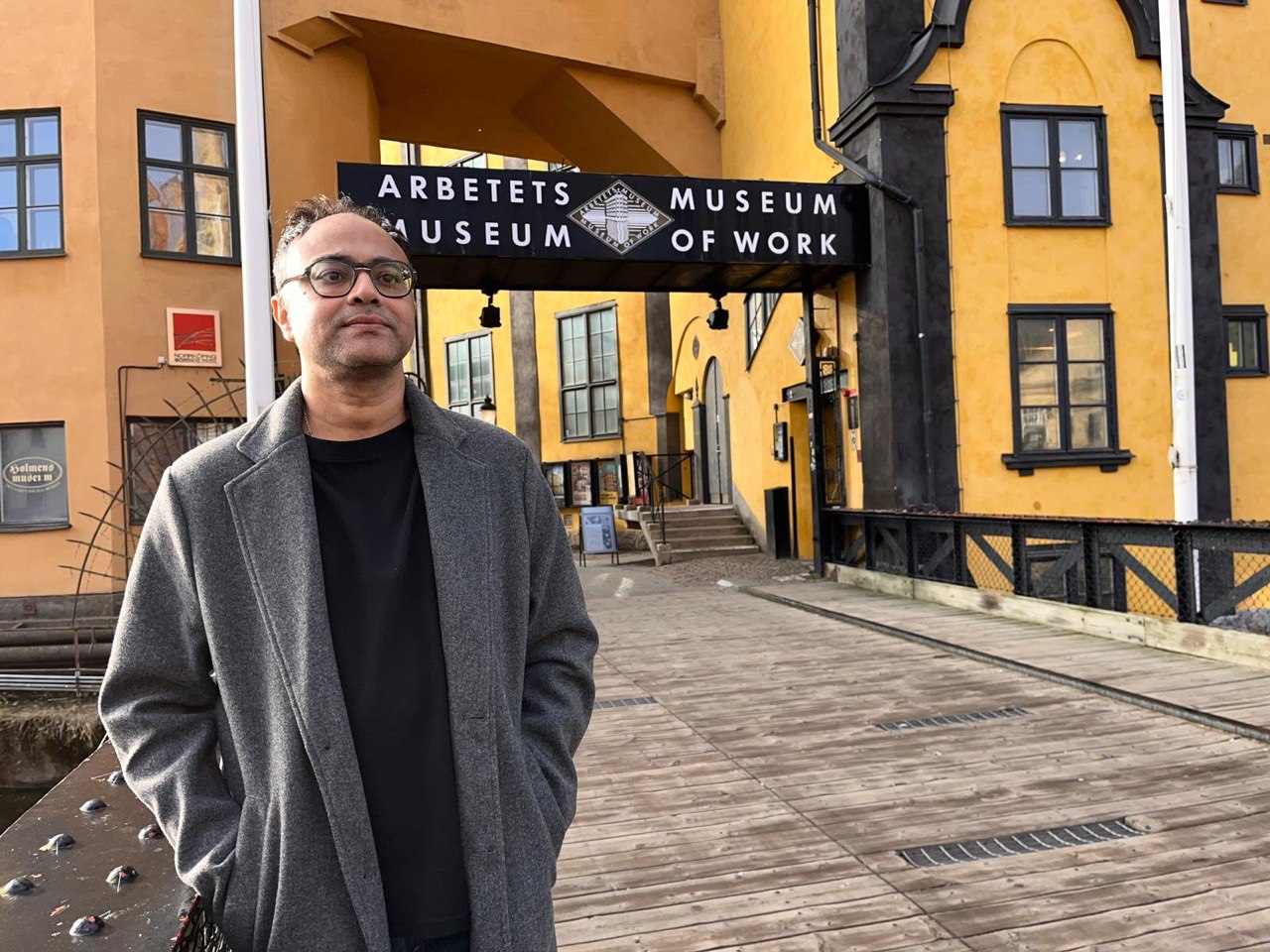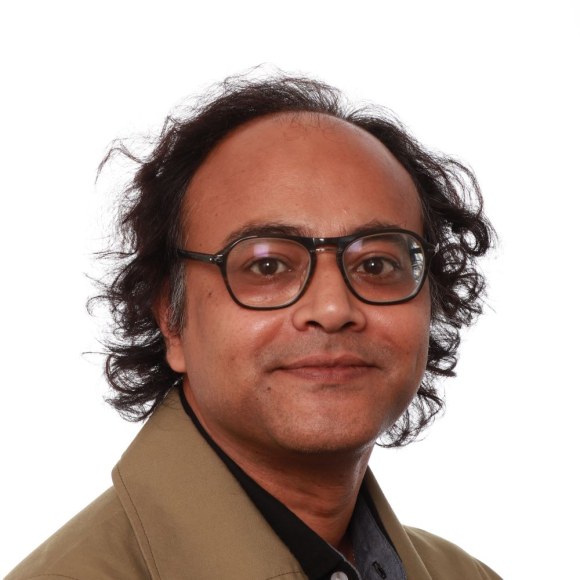Convergence doctoral researcher Suman Ghosh recently presented his paper, “Remediation as a Political Act: Aesthetics of Appropriated Viral Images,” at the Swedish STS Conference 2024. His research explores how art and activism converge in digital protest art, focusing on two key movements from 2019–2020: Black Lives Matter in the U.S. and the Anti-Citizenship Amendment Act protests in India.

Ghosh examines two viral images—Rest in Peace Beautiful (George Floyd’s portrait) and Oru Viral Puratchi (One Finger Revolution)—which became powerful symbols of resistance and solidarity. These digital artworks, shared widely online, challenged dominant media narratives and transformed live protests into enduring cultural icons.
The conference at the Museum of Work in Norrköping focused on the theme Transmissions, Mediations, Interferences. It provided Ghosh a platform to engage with experts and receive valuable feedback. Particularly inspiring was the keynote by Kat Jungnickel and Laura Watts, whose blend of creativity and research methods resonated with Ghosh’s work on creating a Virtual Museum of Protest Art, aimed at deepening political engagement through immersive, virtual experiences.
Through this experience, Ghosh’s research gained new perspectives, enriching his exploration of how digital art can amplify activism and foster global solidarity.


